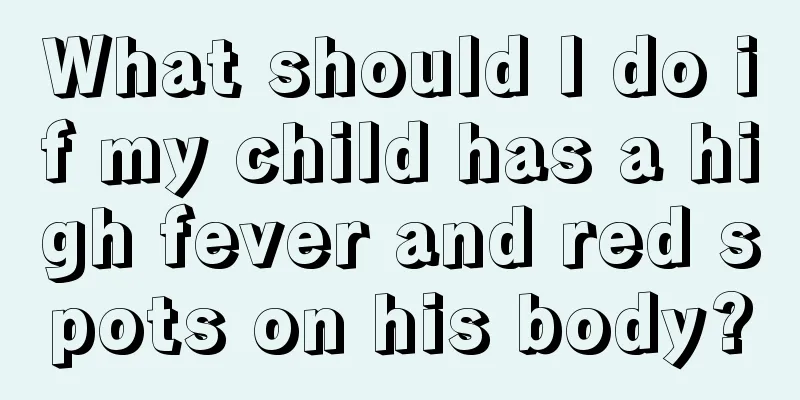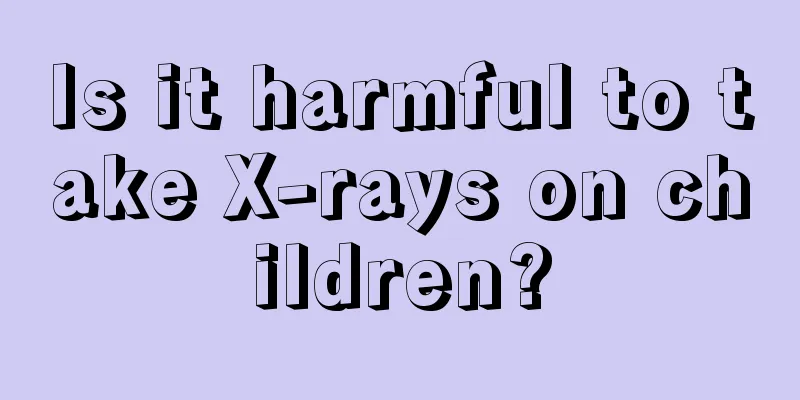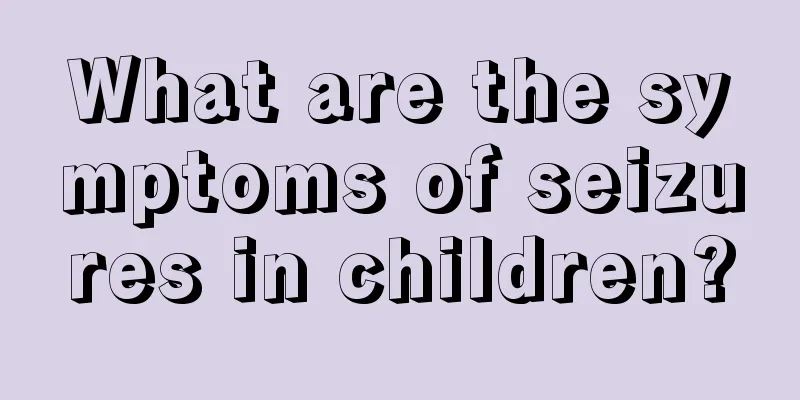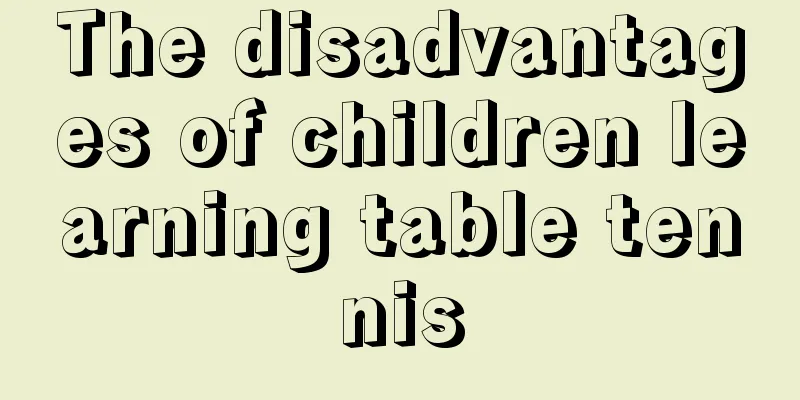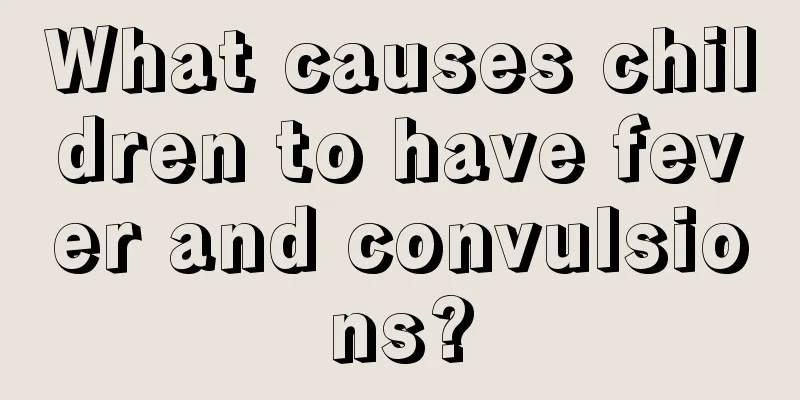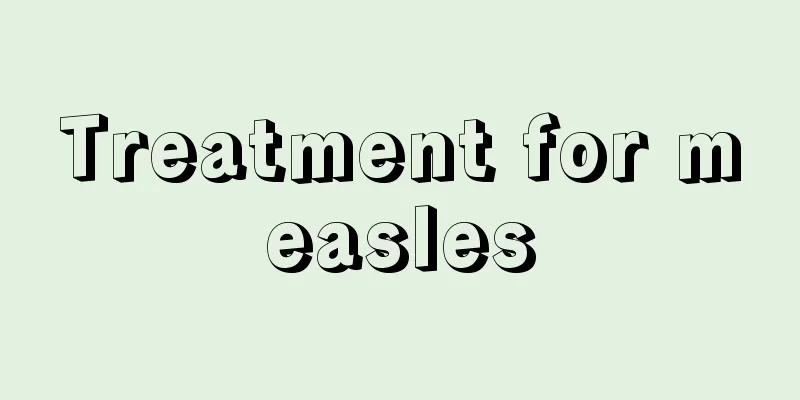What medicine is good for children with fever?
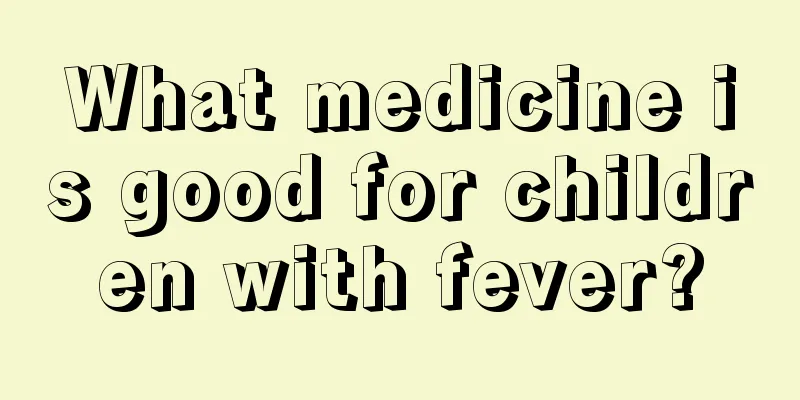
|
When children have a fever when they are young, parents are most anxious. When many children have a fever, parents will give them some antipyretic drugs. However, when the child's fever does not reach 38.5 degrees or above, parents should try to help the child choose physical cooling methods, because the side effects of drug cooling methods are very strong. So what kind of antipyretic drugs are better for children with fever? What medicine is good for children with fever? If a child has a fever, he or she can take oral ibuprofen, naproxen, or ibuprofen suspension, acetaminophen effervescent tablets, etc. However, antipyretics should not be used indiscriminately, and it is best to pay attention to the dosage. Also, do not take two or more antipyretics at the same time. If the fever is high, you can take the medicine and then use physical cooling to reduce the temperature. If necessary, go to the hospital in time. If a child has repeated fever, it is mostly caused by bacterial or viral infection. If the inflammation is not controlled, the body temperature may fluctuate. The child should drink plenty of water, pay attention to rest and nutrition, and can be controlled by intravenous drip when necessary. When the baby has a fever, pay attention to the baby's mental state, appetite, urination, defecation, sleep and other general conditions. If the baby has repeated fever, poor spirits, headache, nausea, vomiting, and drowsiness, the possibility of encephalitis needs to be ruled out. At what fever level should you take antipyretics: Fever is one of the more common diseases in children's growth process. If a child's body temperature is 37.5℃~38℃ it is low fever, 38℃~39℃ it is moderate fever, above 39℃ it is high fever, and over 41℃ it is hyperpyrexia. If the body temperature does not exceed 38℃, do not rush to reduce the fever, especially before a clear diagnosis is made. If you blindly reduce the fever, it may mask the condition and interfere with the diagnosis. When the body temperature reaches above 39℃, you should reduce the fever under the guidance of a doctor. Doctor: The child's body temperature does not exceed 38.5°C, so it is not advisable to take antipyretic drugs. Instead, physical cooling methods should be used, such as ice compresses, fever-reducing patches, etc. Only take antipyretics under the guidance of a doctor if the fever is above 38.5°C Precautions for children's antipyretic drugs: 1. When taking antipyretics, in addition to ensuring that the interval between two doses is more than 4-6 hours, you should also avoid giving the medicine to your baby frequently (frequent use of antipyretics can cause the child to become exhausted). 2. After taking antipyretic drugs, some babies will sweat profusely. Parents must be careful not to let the baby become dehydrated and feed the baby boiled water or light salt water in time to replenish water. 3. After taking antipyretic drugs, children need to dissipate heat in time and pay attention to changing wet clothes to avoid catching cold again. |
<<: Child's facial hyperactivity
>>: Waking up with swollen eyes
Recommend
What are the methods of making pig liver porridge for baby food
Babies should be given appropriate complementary ...
What to do if your baby has a fever and repeated diarrhea
What parents are most worried about is their baby...
How to measure children's IQ?
Many parents are very concerned about their child...
What fruits should children eat when they have a cold or cough?
Colds can cause coughs, and prolonged coughing ca...
There are some tips for babies to drink breast milk
Breast milk is very precious, but for many babies...
What's a good breakfast for kids? 7 Foods Rich in Nutrients
Children's health has always been the top con...
Is it better for children to drink milk in the morning or at night?
Family conditions are good now, and children need...
Baby itches all over body when sleeping at night
If the baby itches all over the body when sleepin...
How to cook rush for children to drink
Rush is a traditional Chinese medicine, mainly us...
What to do if your child has acute gastroenteritis
Patients with acute gastroenteritis generally exp...
Introduction to some situations of neonatal jaundice and sun exposure
Neonatal jaundice usually occurs after birth, so ...
Is it OK for a child to lose teeth?
Tooth loss is a common thing in our lives, and it...
What should I do if my child’s baby teeth haven’t fallen out and new teeth have grown?
When children in the family start to lose their b...
What should I do if my child sleeps during the day and not at night?
Babies often have a reversed day and night situat...
Cefixime dry suspension for children
There are many kinds of cephalosporin drugs. Let ...
